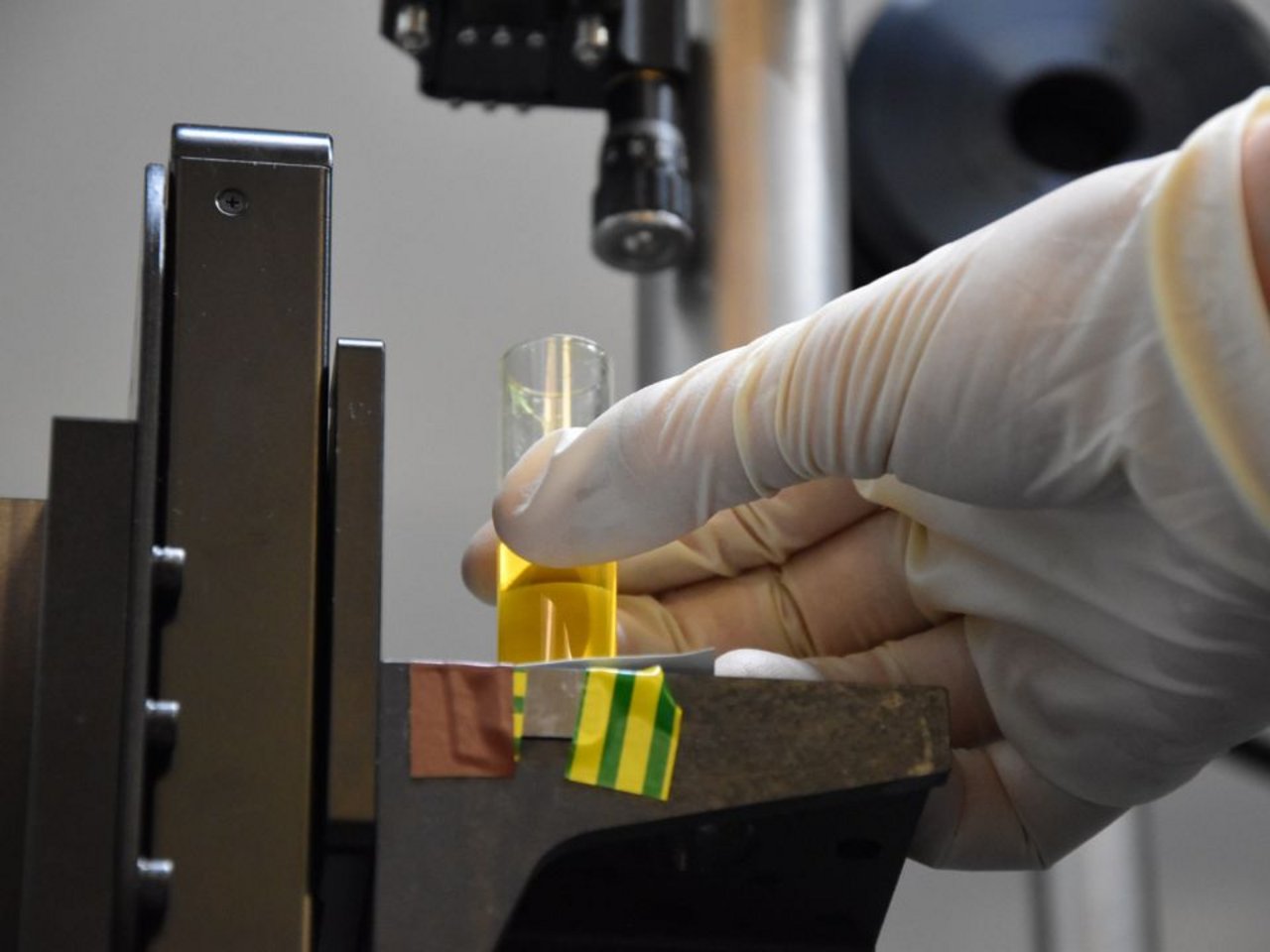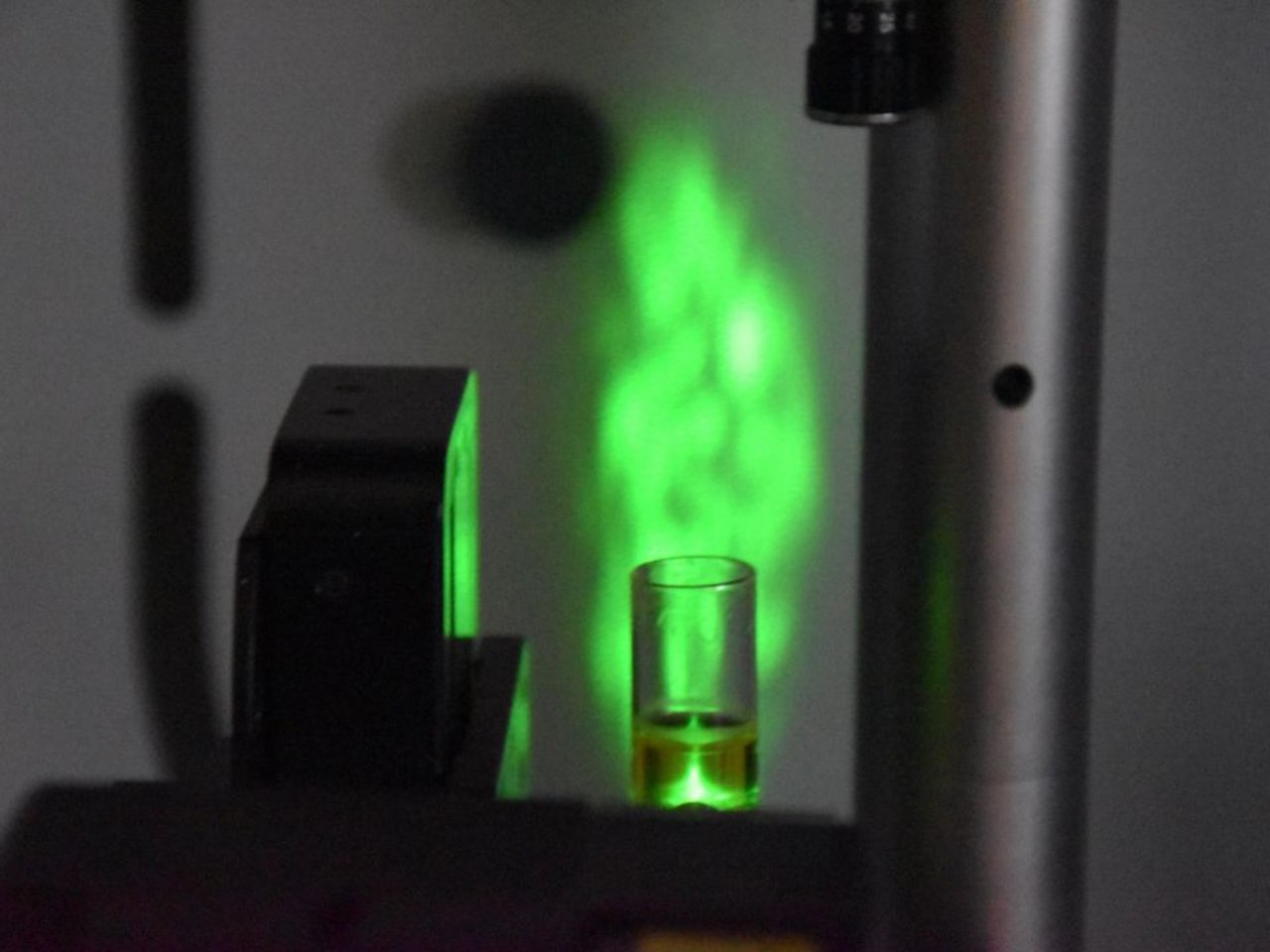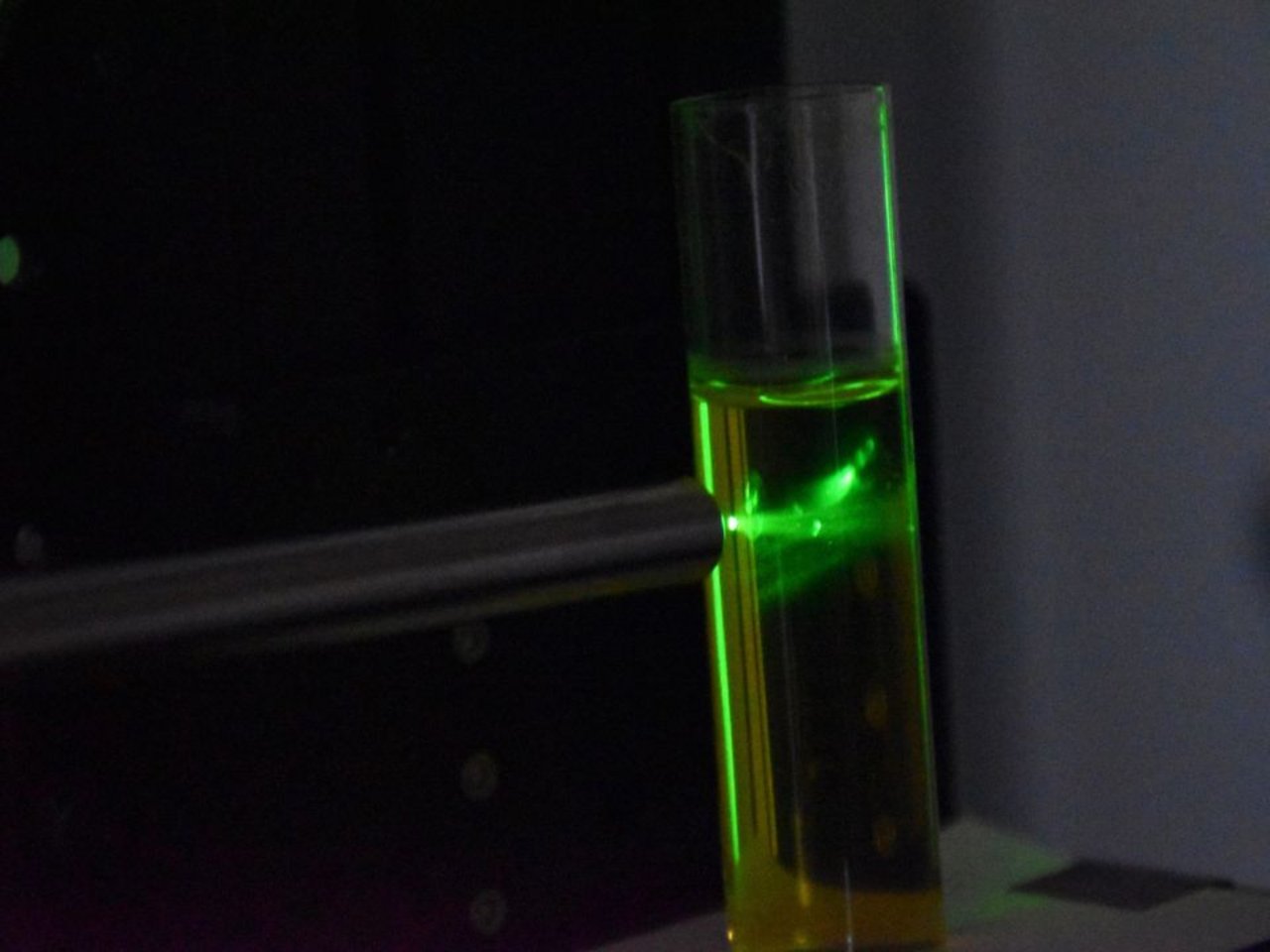New anti-counterfeiting technology to certify works of art
A set of special inks containing nanomaterials to certify works of art has been developed at the Politecnico di Milano. With PYPAINT, artists will be able to sign their works with a simple ballpoint pen containing colored inks or affix a label to the work with a set of inks containing nanomaterials invisible to the human eye, but able to create a unique code that allows you to identify a work of art without the possibility of counterfeiting.
This result was achieved within the recently concluded PYPAINT (Protect Your Peerless Artwork with Innovative Nanoengineered Technology) project, funded by the European Research Council (ERC) with a Proof of Concept, the grant that helps researchers explore the commercial potential of their work, taking them from basic to applied research.
The idea was precisely to develop a new printable anti-counterfeiting system based on carbon-based nanostructures with a specific optoelectronic response that, interacting with light, would allow the creation of a unique identification code of the work of art, invisible to the human eye. An important result that contributes to guaranteeing the extreme value of works of art in Europe and in the world.
Carlo Spartaco Casari, Professor at the Department of Energy and coordinator of PYPAINT
The technology was developed at the Politecnico di Milano in collaboration with the Italian artist SKYGOLPE and was featured at the WUF (We Understand the Future) event in Basel during Art Basel, with a video shooting in which researchers were interviewed by the director of ArtsLife.
The activities of the research project of the team coordinated by Professor Casari and composed of Anna Facibeni, Sonia Peggiani and Alessandro Vidale, took place at the NanoLab of the Department of Energy of the Politecnico di Milano, as part of the ERC Consolidator Grant EspLORE project and in collaboration with the startup studio Day One Srl. These results will be exploited in the EIC KEEPER project through the startup ENIGMA Srl, a recent spin-off of the Politecnico di Milano.



